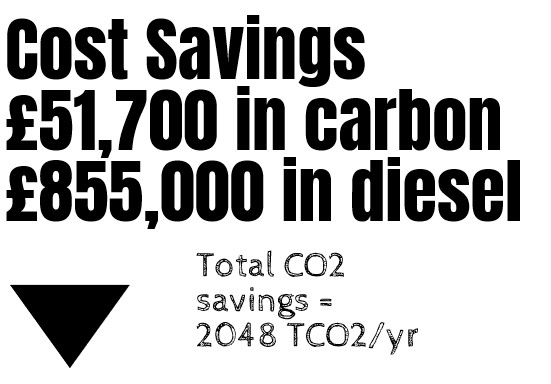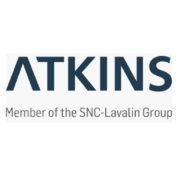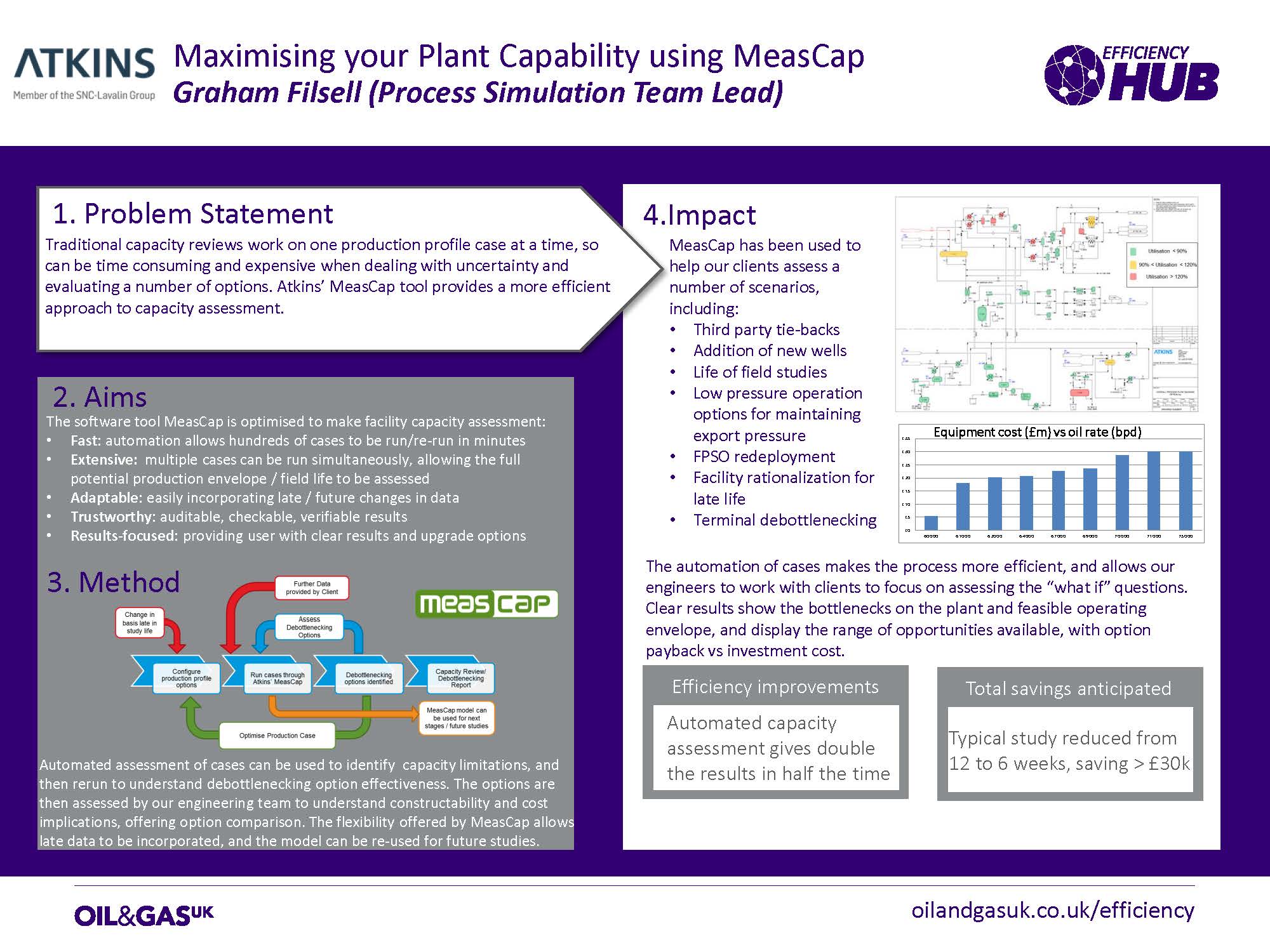1. Problem Statement
In the oil and gas industry things don’t stand still. You may want to introduce new wells onto your facility, or rationalise your gas plant for declined production. Traditional capacity reviews work on one production profile case at a time, so become very time consuming and expensive when dealing with uncertainty and evaluating a number of options. Atkins’ MeasCap tool has been tailor-made to provide a more efficient approach to capacity assessment
2. Aims
For over 10 years, Atkins has been optimising our in-house software tool, MeasCap, to make facility capacity assessment:
- Fast: automation allows hundreds of cases to be run/re-run in minutes
- Extensive: multiple cases can be run simultaneously, allowing the full potential production envelope / field life to be assessed
- Adaptable: easily incorporating late / future changes in data
- Trustworthy: auditable, checkable, verifiable results
- Results-focused: providing user with clear results and upgrade options
3. Method
Automated assessment of cases, which can be used to identify capacity limitations, and then rerun to understand debottlenecking option effectiveness. The options are then assessed by our engineering team to understand constructability and cost implications, and option comparison. The flexibility offered by MeasCap allows late data to be incorporated, and the model can be re-used for future studies.
4. Impact
MeasCap has been used to help our clients assess a number of scenarios, including:
- Third party tie-backs
- Addition of new wells
- Life of field studies
- Low pressure operation options for maintaining export pressure
- FPSO redeployment
- Facility rationalization for late life
- Terminal debottlenecking
The automation of cases makes the process far more efficient, and allows our engineers to work with our clients to focus on assessing the “what if” questions. Clear results are presented which show the bottlenecks on the plant and feasible operating envelope, and display the range of opportunities available, with option payback vs investment cost.
Efficiency improvements
Automated capacity assessment gives double the results in half the time
Total savings anticipated
Typical study reduced from 12 to 6 weeks, saving > £30k
MeasCap has been used effectively on a broad range of offshore/onshore facilities, and was shortlisted for the IChemE Core Chemical Engineering Awards 2013
Submitted by Graham Filsell (Process Simulation Team Lead)
Click on the image above to download the case study.






